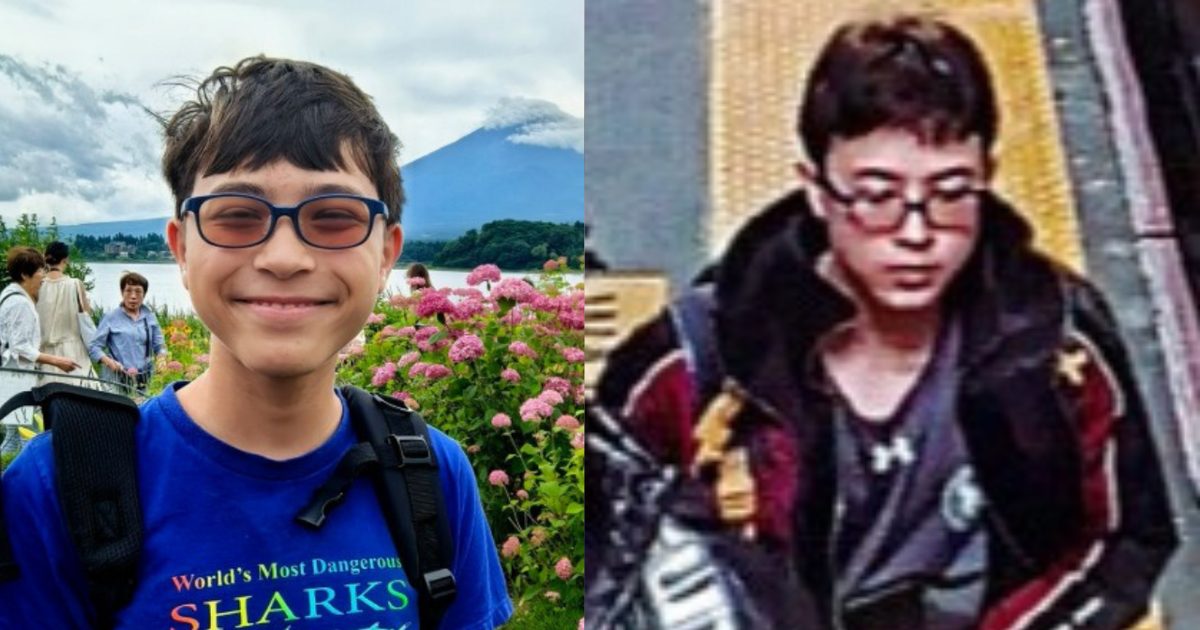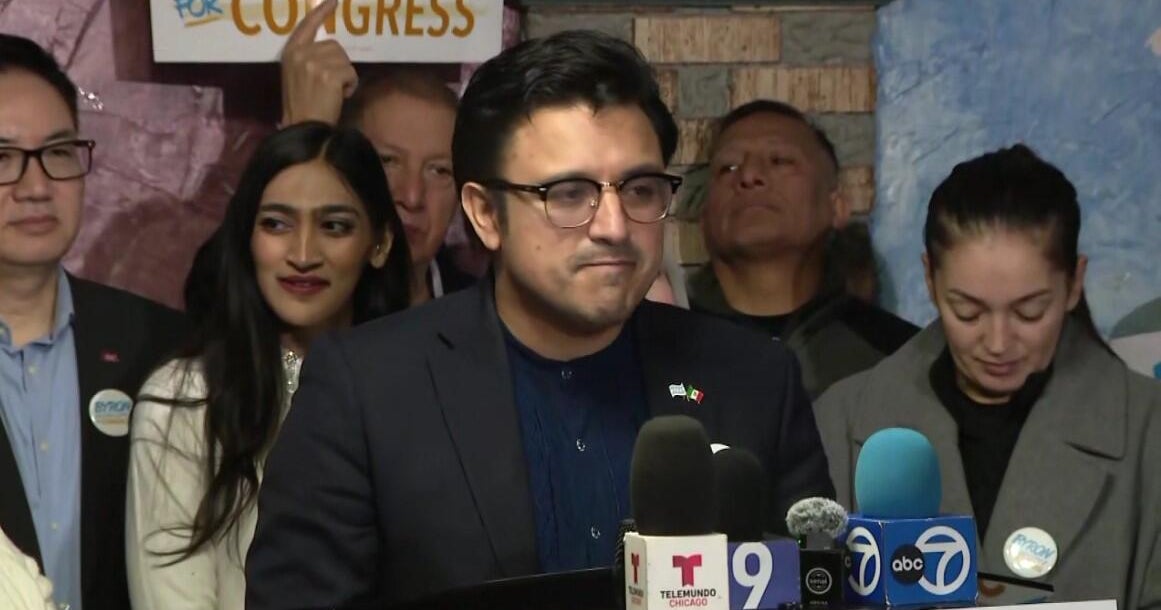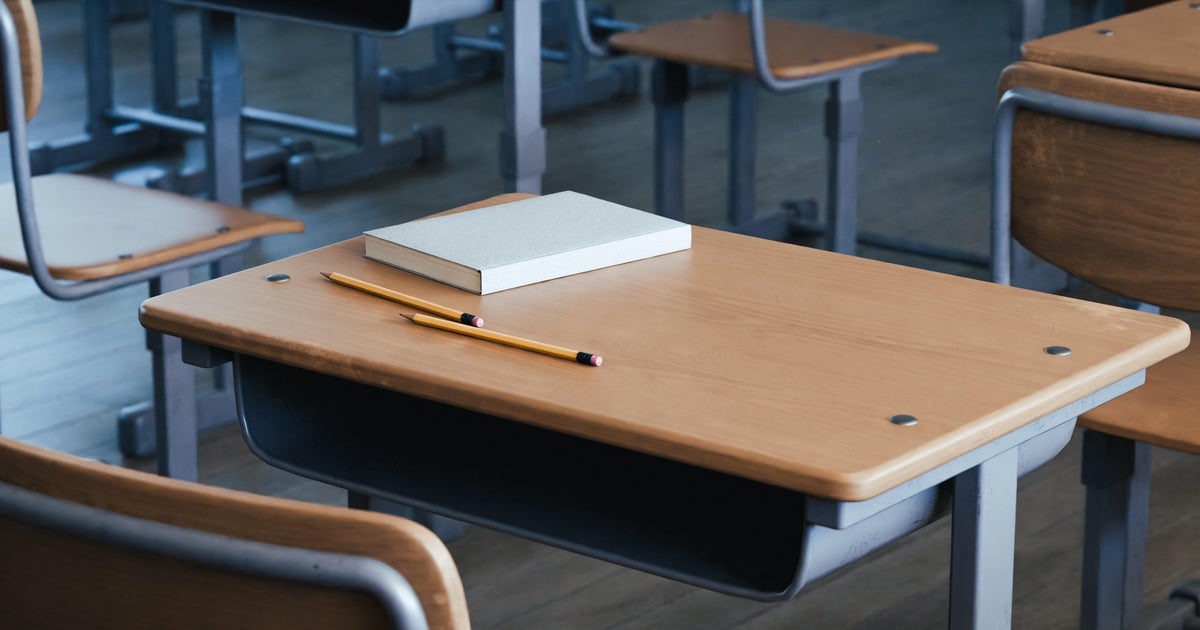Here's what it might be like to travel on a double decker airplane seat
Flying economy for any extended period of time is an experience usually endured rather than enjoyed, but one airplane seat designer reckons his design could revolutionize budget travel.
Alejandro Núñez Vicente's Chaise Longue Airplane Seat concept started small scale last year, as a college project for the then 21-year-old. A nomination in the 2021 Crystal Cabin Awards -- a top prize in the aviation industry -- swiftly followed, and the design became the focus of a flurry of online attention following a CNN Travel article.
Since then, Núñez Vicente's been making waves in the world of aviation. He's paused his master's degree to pursue the project full time. He's in talks with big-name airlines and seat manufacturing companies. He's been granted some hefty investment that's allowed the project to develop.
But while some marvel at Núñez Vicente's innovation, others recoil, concerned about claustrophobia and convinced sitting underneath someone else would be worse, not better, than the current airplane economy set-up.
"I grow more from listening to the critics and listening to the bad comments, than from listening to the good comments and the flowers that they throw me," says Núñez Vicente, speaking to CNN Travel in Hamburg, Germany, where he's showcasing his design at the 2022 Aircraft Interiors Expo (AIX).
His design is for the everyday traveler, so Núñez Vicente says he's keen to hear what would-be fliers have to say, positive or negative.
"My purpose here is to change the economy class seats for the better of humanity, or for all the people that cannot afford to pay for more expensive tickets," he says.
Núñez Vicente is set to receive even more feedback this week. AIX is one of the world's biggest aviation shows, and he's premiering the first full-scale prototype of his design.
CNN Travel stopped by to get a taste of what it might be like to fly on a double decker airplane seat.
Testing out the concept
First up, the top level. Núñez Vicente's designed the prototype with two ladder-like steps for travelers to use to access the top level. It's a little precarious, but once I'm up there, the seat feels roomy and comfortable, and there's plenty of room for stretching out my legs. The prototype seats don't move, but they're each set up in a different positions to indicate how they could recline.
Núñez Vicente's design does away with the overhead cabin. Instead, he's designed space in between the top and bottom levels for travelers to stow cabin luggage.
In the vast, echoing halls of the Hamburg Messe conference center, it's hard to imagine what it would actually be like to be that close to the cabin ceiling. Núñez Vicente reckons there would be about 1.5 meters separating the seated passenger from the top of the plane. He argues that while a traveler couldn't stand upright in that space, many already can't stand upright in regular economy rows -- although, presumably, these taller travelers will be even more squished by this design.
Next up, trying the bottom row of seats. Núñez Vicente's frustration with a lack of legroom was the original impetus for the design, and by not having a seat on the same level in front of me, it does allow me to stretch out my legs, and there's a foot rest for added comfort.
Still, because the other level of seats are directly above me and in my eyeline, it feels pretty claustrophobic. But if you don't mind tight spaces, and you're planning simply to sleep all flight, it could be an effective solution.
Next steps
The Chaise Longue seat was initially envisaged for the Flying-V airplane, a new airplane concept currently in development at Delft University of Technology, Núñez Vicente's alma mater.
Now, he reckons the design could be implemented in a Boeing 747, Airbus A330 or any other medium to large wide-body airplane.
Núñez Vicente is ambitious and confident his design could become a reality, but he also acknowledges that unusual airplane seat ideas don't often make it from concept to reality. It's a lengthy process, and the industry's stringent rules and regulations can become roadblocks.
Plus, the airplane economy seat hasn't really changed in decades, even if there have been many reimagined concepts floated by designers.
"One of the phrases I get a lot, is 'If it's not broken, why change it?'" admits Núñez Vicente. "So if passengers still fly in the worst economy class seats, why are we going to give them a better option? It makes money. That's the goal of the airline at the end of the day, not to make your flight better."
Still, the seat designer is already working on the next step in his process, to engineer the structure to be lighter than its current iteration.
He hopes to partner with an airline or a seat manufacturer to make that happen.
"Right now, we're showing the market what we have. And we're letting the market come and tell us what we need to do next," he says.
Núñez Vicente might now be collaborating with industry experts with years of experience, but the project began in his bedroom in his parents' house, and his family remain a big part of the process.
He's at AIX with his parents in tow -- they drove the Chaise Longue prototype in a van across Europe and helped him set up the seat in situ.
"Of course, at the beginning, no one expected this to get this big to the point where we are today. But they all knew that I was going to be able to do something," says Núñez Vicente.
"If you asked me before, I would have said maybe it's just a university project. If you asked me now, after all the hard [work], after all the effort of many, many people -- I would say that now this is more of a reality. We see it as the future of the economy class."







